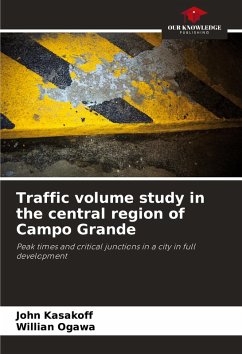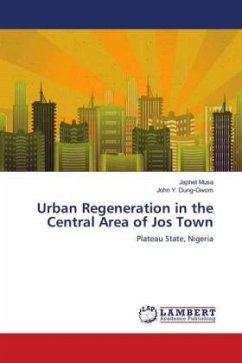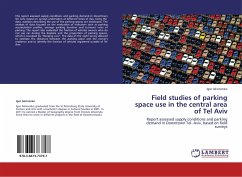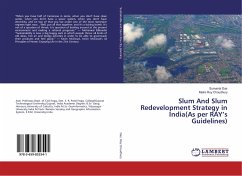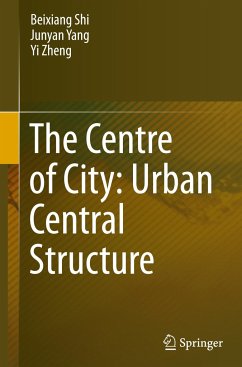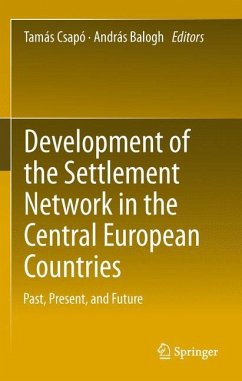
Women's Leadership in Central Asia: Strategy and Priorities
Versandkostenfrei!
Versandfertig in 6-10 Tagen
24,99 €
inkl. MwSt.

PAYBACK Punkte
12 °P sammeln!
The relevance of the research lies in the need to analyze the gender situation in modern societies of Central Asian states, as well as to compare with the societies of traditional Turkic tribes and the societies of these states during the Soviet period. It is also important to examine the strategies and mechanisms of each state in Central Asia to improve gender equality. Gender inequality is the root cause of many obstacles to sustainable development and the challenge of democratization. Despite the attempts of all countries in the region to liberalize all spheres of life, gender inequality is...
The relevance of the research lies in the need to analyze the gender situation in modern societies of Central Asian states, as well as to compare with the societies of traditional Turkic tribes and the societies of these states during the Soviet period. It is also important to examine the strategies and mechanisms of each state in Central Asia to improve gender equality. Gender inequality is the root cause of many obstacles to sustainable development and the challenge of democratization. Despite the attempts of all countries in the region to liberalize all spheres of life, gender inequality is still present not only in social life, but also in the rest of society. Obviously, no sphere of life can be absolutely gender-neutral, but gender imbalance has a destructive impact on such sectors as economy, political and management activities, culture, and so on.





